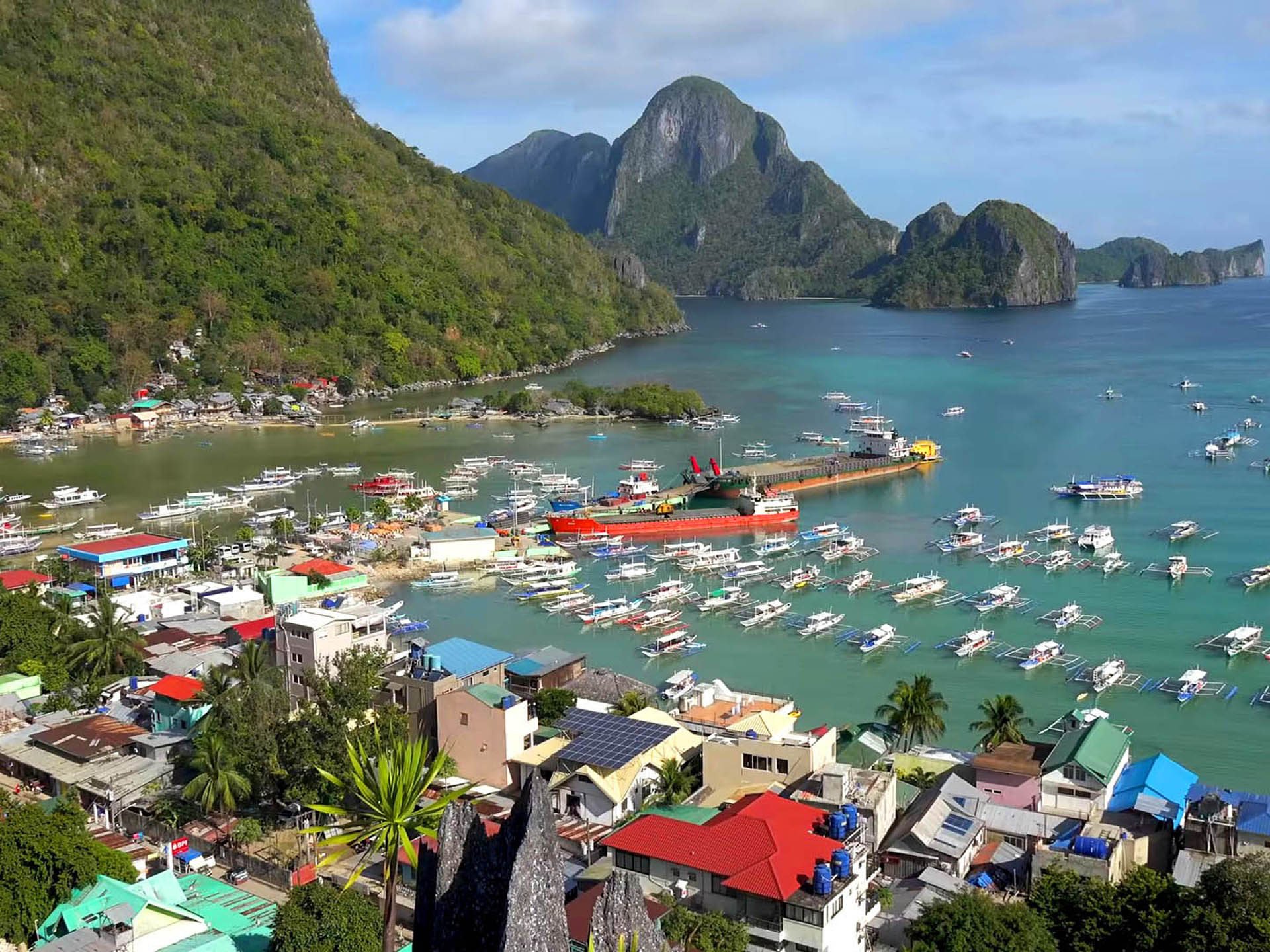The Philippines is a country with a rich cultural heritage and diverse natural resources and https://lingvanex.com/translation/english-to-tagalog. However, like many other developing countries, the Philippines faces a number of social and economic challenges that affect the lives of millions of people. In this article, we look at the key challenges and opportunities for the Philippines in the 21st century.
Poverty: Despite economic growth, poverty remains a major problem in the Philippines. About 20% of the population lives below the poverty line, which means low access to education, health care and decent housing.
Inequality and social disparities: Economic growth is often unevenly distributed among different segments of the population and regions of the country. This leads to social inequality, which can cause social discontent and conflict.
Education and employment: Despite improvements in the quality of education, many young people in the Philippines have difficulty finding jobs due to a lack of jobs and https://lingvanex.com/translation/english-to-spanish and high competition. This, in turn, can lead to low social mobility and emigration.
Corruption and governance: Corruption and weak government institutions are another major problem in the Philippines. This makes it difficult to carry out reforms, develop infrastructure and attract foreign investment.
Internal conflicts: The Philippines continues to face internal conflicts related to ethnic and religious tensions, especially in the south. This undermines the stability and development of the region.
Environmental issues: The Philippines faces a number of environmental problems such as water and air pollution, deforestation, and the threat of climate change. This affects public health and the sustainability of ecosystems.
Urbanization and housing problems: Rapid urban growth is causing problems with infrastructure, transportation, and housing, especially in large cities such as Manila. Lack of affordable and quality housing leads to the growth of slums and deterioration of living conditions.
Opportunities for Economic Development: The Philippines has great potential for economic development, especially in the agriculture, tourism, information technology and renewable energy sectors. This can lead to the creation of new jobs and improve the quality of life of the population.
Integration into the global economy: The Philippines can use its geographic location and participation in international trade and investment agreements to expand exports and attract foreign investment, which will contribute to economic growth and development.
Human Capital Development: Improving the quality of education and health care, as well as supporting youth initiatives and entrepreneurship, can help the Philippines take advantage of its human resources and ensure sustainable development for the future.

